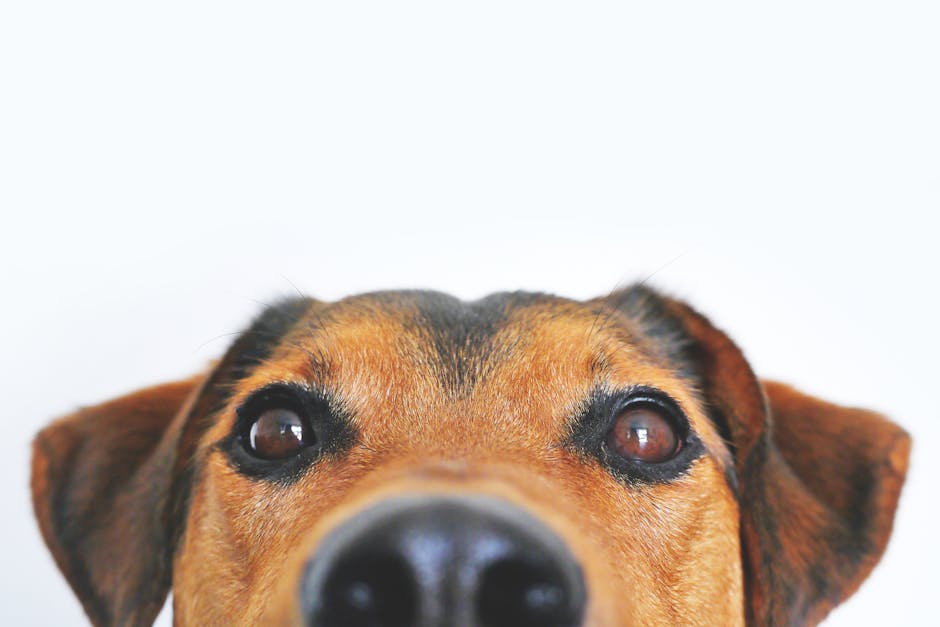Training your dog can be a rewarding experience for both you and your furry friend. With the right techniques and patience, you can teach your dog basic commands, good manners, and even some fun tricks. Here's a comprehensive guide to help you start your dog's training journey.
**1. Start Early**
Begin training your puppy as soon as possible, ideally around 8 weeks of age. Puppies are more receptive to training at this young age and are more likely to retain what they learn.
**2. Use Positive Reinforcement**
Positive reinforcement is the most effective way to train dogs. When your dog performs the desired behavior, reward them with treats, praise, or a game. This will help them associate the behavior with something positive and encourage them to repeat it.
**3. Keep Training Sessions Short and Positive**
Training sessions should be kept short, around 5-15 minutes, to maintain your dog's attention and prevent boredom. Make sure to end each session on a positive note, even if your dog doesn't quite get it right. This will help them enjoy the process and look forward to future training.
**4. Be Consistent and Patient**
Consistency is key in dog training. Use the same commands and cues each time, and practice regularly. Don't get discouraged if your dog doesn't learn something right away. Patience is essential, as every dog learns at their own pace.
**5. Basic Commands**
Start with basic commands such as "sit," "stay," "come," and "heel." These commands form the foundation for more advanced training and help you control your dog's behavior in different situations.
**6. House Training**
House training is crucial for all dogs. Establish a designated potty area and take your dog there frequently, especially after meals, naps, and playtime. When they go potty in the right spot, reward them generously.
**7. Socialization**
Socialization is important for dogs of all ages. Expose your dog to different people, animals, and environments in a positive way. This will help them become well-adjusted and prevent behavioral problems later in life.
**8. Advanced Training**
Once your dog has mastered the basics, you can move on to more advanced training such as agility, obedience trials, or specialized skills like retrieving or therapy work. Advanced training can provide mental and physical stimulation for your dog and strengthen your bond with them.
**Conclusion**
Training your dog is an ongoing process that requires patience, consistency, and positive reinforcement. By following these tips and tailoring the training to your dog's individual needs, you can create a well-behaved and happy companion who will bring joy to your life for years to come.
